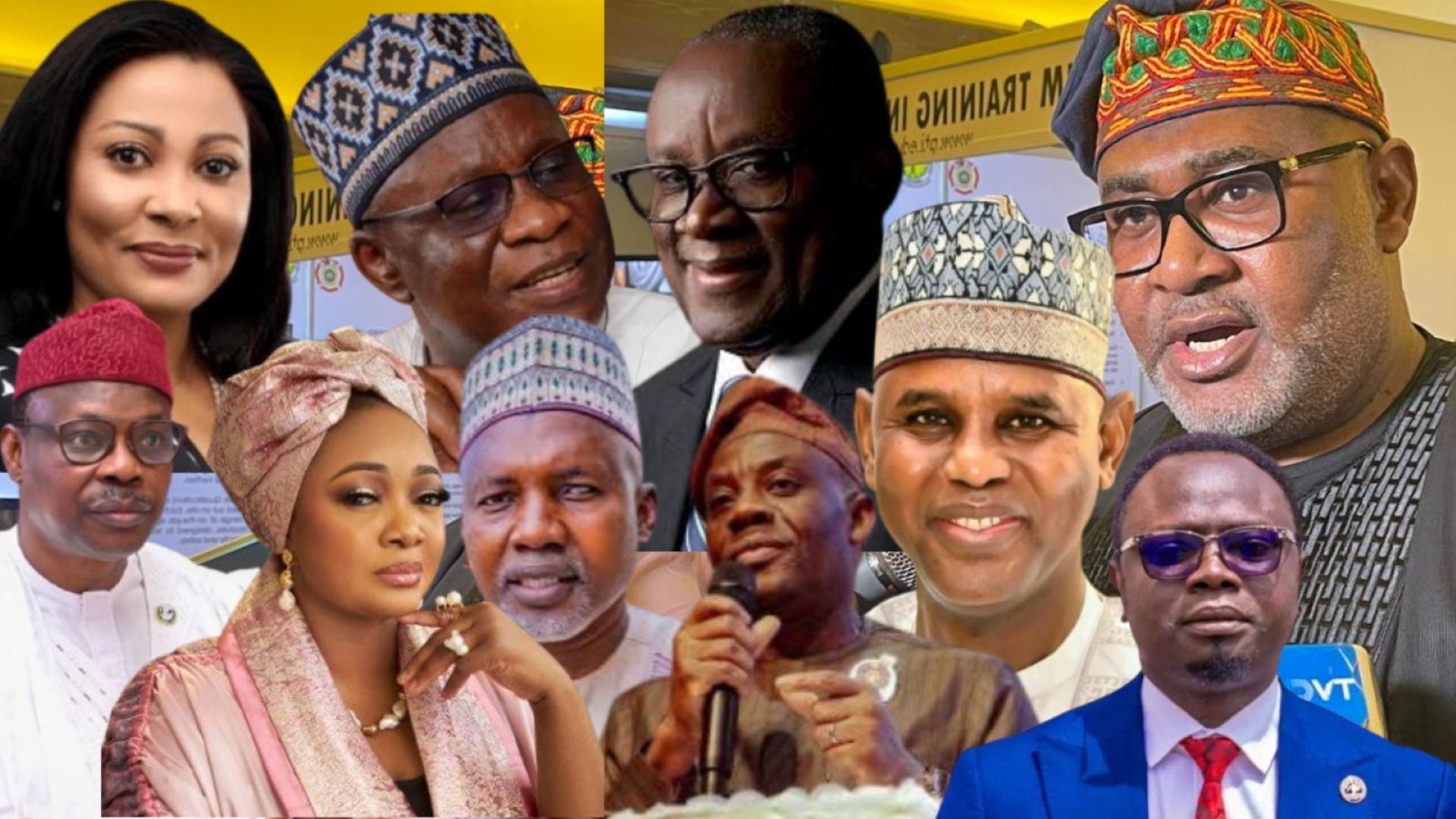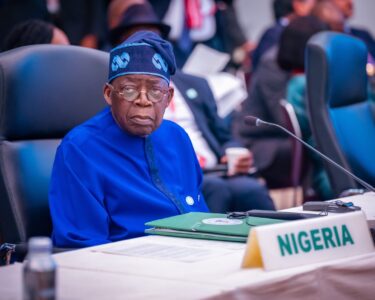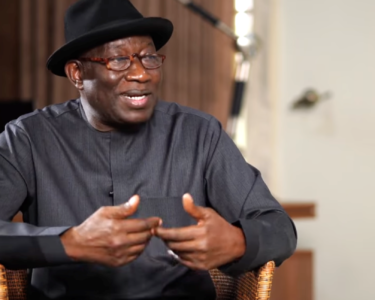In a major cabinet reshuffle on Wednesday, President Bola Tinubu made sweeping changes to his administration, reassigning 10 ministers, dismissing five, and nominating seven new candidates. The move came amid increasing pressure from opposition parties, civil society organizations, and citizens demanding the removal of under performing ministers.
The President also implemented structural changes, merging and renaming several ministries. The Ministry of Niger Delta Development was rebranded as the Ministry of Regional Development, while the Ministry of Sports Development was scrapped. The Ministry of Tourism was merged with the Ministry of Arts, Culture, and the Creative Economy to form the Federal Ministry of Art, Culture, Tourism, and the Creative Economy.
This shake-up followed the 19th Federal Executive Council meeting in Abuja, where the presidency emphasized that these actions were designed to enhance government efficiency and fulfill campaign promises. Tinubu thanked the outgoing ministers for their service, while urging the new appointees to focus on driving growth and improving the nation’s welfare.
Notably, the ministries of Women Affairs, Education, and Youth Development were among those affected, with new ministers appointed to oversee these critical portfolios. The cabinet changes are pending Senate confirmation.
Despite these changes, opposition parties criticized the reshuffle as insufficient, calling for a more comprehensive overhaul of the cabinet to address pressing national issues such as insecurity, unemployment, and inflation. On social media, many Nigerians echoed these sentiments, urging the President to remove additional ministers, particularly in key sectors like defense, power, and petroleum.
Leaders from the organized private sector praised the cabinet reshuffle but stressed the need for further reforms to boost productivity and reduce the cost of governance. They also urged the President to focus on replacing non-performing ministers to improve overall service delivery.
The reshuffle comes weeks after Tinubu hinted at plans to restructure his cabinet, following performance reviews conducted by the Central Delivery Coordination Unit. The President reiterated that more changes could follow based on ministerial performance, as he remains committed to improving governance and delivering on his mandate.
Amid growing concerns about Nigeria’s economic challenges, experts have called for a comprehensive overhaul of the country’s economic management and restructuring of the presidential cabinet. They argue that the current drivers of the economy are in need of reform or replacement to address the nation’s pressing socio-economic issues.
Dr. Ikenna Nwosu, a member of the Nigerian Economic Summit Group, endorsed President Tinubu’s recent cabinet reshuffle, noting that underperforming ministers were rightly dismissed. He expressed satisfaction with most changes but criticized the scrapping of the Ministry of Sports, stating that replacing it with a National Sports Commission goes against global best practices. He warned that if socio-economic progress is not evident within six months, public dissatisfaction could rise, aligning with advice from the World Bank to maintain reform momentum.
Renowned economist Professor Akpan Ekpo supported the reshuffle, particularly within the economic team, which he said lacked expertise. He emphasized the need for a team composed of technocrats and economists to navigate the country through its economic challenges. He also called for a deeper review of the Economic Council, noting that businessmen, rather than policymakers, currently dominate.
Dr. Olusegun Ogundare, Senior Managing Partner at Intellectual Edge Services, expressed mixed feelings about the reshuffle, suggesting that some ministers who were retained should have been dismissed. He pointed to the Minister of Power and the Minister of State for Defence as examples, arguing that these positions require more competent leadership.
Business leaders and industry representatives also voiced their opinions on the reshuffle. Adewale Oyerinde, Director-General of the Nigeria Employers’ Consultative Association, praised the changes, particularly the appointment of a new Minister of Labour and Industry, while Segun Kuti-George, Vice President of the Nigerian Association of Small-Scale Industrialists, urged the government to extend its cost-cutting measures to the legislative arm, reducing the financial burden of governance.
Gabriel Idahosa, President of the Lagos Chamber of Commerce and Industry, expressed disappointment that only two ministries were cut, calling for a significant reduction in the number of ministries to help curb government expenses. Similarly, Dr. Muda Yusuf, Director of the Centre for Promotion of Private Enterprise, hailed the reshuffle as a positive step toward enhancing government efficiency by eliminating overlapping functions.
Civil society organizations also weighed in. Debo Adeniran, Chairman of the Center for Accountability and Open Leadership, called for a reduction in the overall cost of governance, suggesting that the number of ministries should be reduced to 36 in line with constitutional requirements.
Elder statesman and PANDEF Convener, Chief Edwin Clark, criticized the decision to scrap the Ministry of Niger Delta Affairs, arguing that it would harm the region’s development. He pointed to the ongoing neglect of key projects, such as the East-West Road, which remains stalled despite being under the supervision of the Ministry of Works.
Calls were also made for the consolidation of other ministries, with industry stakeholders like Taiwo Fatobilola and Stanley Ezenga recommending the merger of the Ministry of Marine and Blue Economy with the Ministry of Transportation to ensure more efficient governance.
The cabinet reshuffle, while largely welcomed as a necessary move, has sparked widespread debate about the effectiveness of Nigeria’s current economic management and the direction of future reforms. Many experts continue to urge the government to include more technocrats in key economic positions to steer the nation toward a sustainable recovery trajectory.







